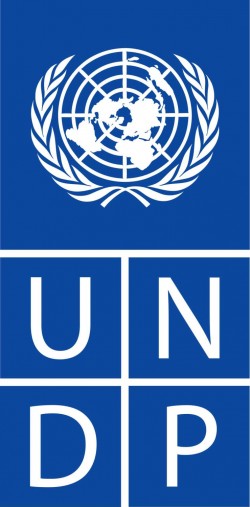I have
the right to know
I Have Right to Know

From 2011, NIIT contributes in UNDP’s Strenghtening Accountability Mechanisms in Public Finance program. NIIT implemented project named “I have right to know” at the territory of South and Southeast Serbia. Implementation of the project “I have the right to know” formally began on the 15th of April 2011, with the appointment of the Project team.
The aim of the project was method creation of better public institution’s work control, involving citizens and civic sector. The main idea was sensible of the public and use of already existed tools, proposed by the “Law on free access to information of public importance”.
Partner in the project realization was “Južne vesti” internet portal. Both NIIT and “Južne vesti” have been already recognized as institutions, which represent the citizens’ interest through the media, without being politically involved in any party.
The project was conducted through several activities. In the early beginning, NIIT and “Južne vesti” formed a team, defined a plan of activities and identified the details related to implementation. On that stage, also, the project design and visual identity were proposed.
The next step was the project web page development, connected to “Južne vesti” website. The webpage consists of detailed instructions for rights acquirement, forms, discussion boards, and readers have the possibility to ask questions and leave comments. In addition, NITT has used more channels of communication with citizens: Facebook fan page, billboards, info flyers, TV interviews, public tribunes with eminent keynote speakers, as well as other formal and non-formal channels. During that stage, NIIT organized a Press Conference in Nis and three Public debates in Vranje, Pirot and Nis. Those events gathered most prominent journalists and civil sector representatives from South Serbia, as well as representatives of local government. The events have had high publicity in the local media. In addition, live web-streaming broadcast was provided for the third session, with permanent interaction via Tweeter.
Feedback from citizens was excellent. Through the mail (over 60) Facebook page and SMS, NIIT has received the questions, related to legal issues and corruption. Some suggestions have led to serious cases of corruption in the public sector. More than 10.000 readers followed the topic about public property below cost sell, finalized with the immoral general manager discharge. Attracted from the same source, the media financing from local budgets was one of very important topics.
Citizens have the opportunity to get information about the project through billboards, set up in Nis, Leskovac and Vranje. Such advertisement significantly multiplies the number of phone calls, SMS and mails from citizens.
Street activities, conducted on tree occasion in Nis, were highly successful. Members of NIIT and journalists from “Juzne vesti” chatted with citizens, trying to explain them importance of their involvement in this campaign.
Also, NIIT offered legal advisory to citizens, at list in 25 cases.
Thus, by use of so various channels, the citizens were informed that the public companies should be in their service and that they have the right to know how the companies do business, and what services they should provide. The main message was that the citizens, as taxpayers, have the right to know who and how spends their money. The goal of the campaign was to recruit citizens, interested in the topic, and establishment of continuous communication with them, by web page, phone, SMS or mail. By now, this mechanism is self-maintained.
All activities were regularly monitored and evaluated.
Officially, the project was over on the 30th of December 2011. According to the partners and our analyses, the project was very successful, with visible results. The level of a public sense of corruption is at a higher stage than before. In addition, citizens’ active contribution in the fight against corruption is remarkable. Under public pressure, the institutions were instigated to be more open. Therefore, they improved efficiency and offer better services to citizens.

